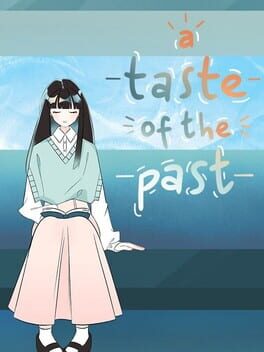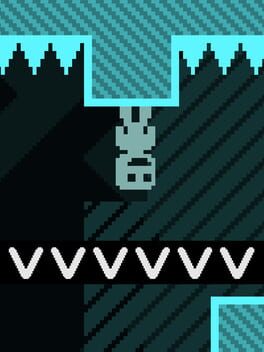leonora_c
This review contains spoilers
When I finished The Last of Us Part II, I never wanted to look at again. I was ready to never watch the TV adaptation. I felt so tired after being forced to hit X over and over again to beat up an already near-dead Abby. But I couldn't stop thinking about it and then made my boyfriend play it so we could think through it together. The Last of Us Part II wants the murder you do to feel impactful, which is undercut by the fact you do a lot of it. It wants Joel's loss to feel mundane and also like the most important thing in the world, but his silence and lies take up most of the frame. It's frustrating from a gameplay perspective; it tries to take the previous iteration off the rails but enemies are so reactive and coordinated that it prioritizes realism over playability. Much has been said about its focus on enacting further violence on queer characters (a violence that was repeated by homophobic game reviewers) and its colorblind approach to apocalypse politics of revenge and factions (see Zaire Lanier's "And She was Less Than a Dog" and Hussain Almahr's "Analyzing the Historical Context of The Last of Us Part II’s Violence" for some great examples), all supposedly with a goal of representation that gets so muddied by the end of things. The thing is, I didn't want Ellie to leave the farmhouse. Of course I didn't. This was not the kind of tragedy that forces you to reckon with the unfairness of life. This tragedy was coerced, torn out of my hands with quick-time button prompts. There are such wonderful moments in this game (the scene in the space shuttle at the museum with Joel, where Ellie gets to just be a kid with dreams of space for a minute, for instance) that it makes me want to hold on to it, salvage it for parts. Abby's redemption would be beautiful and hard-won if she wasn't literally tortured and pilloried by the end of it. The tragedy doesn't feel inevitable. There was another way, if only the writers weren't so obsessed with the literallness of cycles of trauma. Last of Us Part II might have some interesting things to add about the experience of growing up in a world already doomed and over, if it could embrace some nuance and get over the constant binaries it presents, ultimately moving beyond the demands of its sneak and shoot gameplay.
2022
2010


